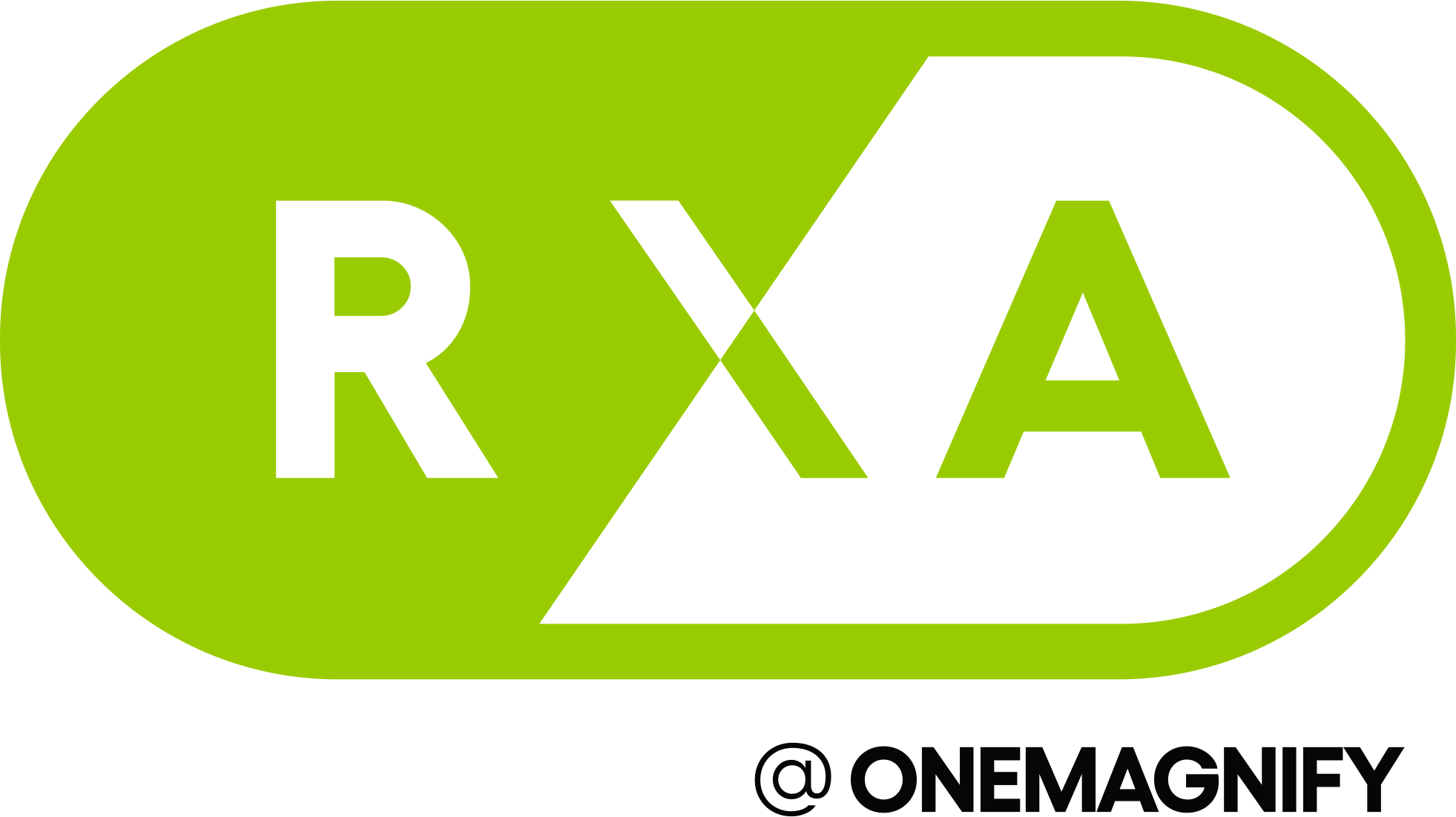Data scientists are in incredibly high demand right now – I searched LinkedIn for Data Scientist positions posted in the past week and returned over 83,000 results in the US alone. Data scientists have plenty of career options as more and more companies focus on data-driven decision making. And that’s a good thing! All companies can benefit from statistical analyses to better understand their business and make informed decisions for their future.
If you’re looking to build a data science team at your company, you’re making the right choice. We wrote this guide to help you put together a data science team that will lead to long-term success.
Technical Skillsets
The first consideration in hiring data scientists is ensuring candidates have the technical skills required. Data scientists have different educational backgrounds and experiences, resulting in various sets of technical skills, and you will require certain expertise depending on your analytics goals. These are some core skills to consider when assessing a technical fit.
- Data Transformation
- Basic techniques used to prepare and normalize datasets for analysis. Examples are Tukey’s Ladder, Time Series Transformations, Seasonal Decomposition, Ad Stock, and Binning.
- Data Reduction
- Skills that are generally used to simplify and reduce the size of data. Techniques include Factor Analysis, Principal Component, and Multi-Dimensional Scaling.
- Regression Estimation
- Statistical processes that estimate the relationships between variables in data, including OLS, Elasticity, Mixed Effects, Multivariate Regression, Ridge Regression and MARS.
- Data Classification
- Process of organizing data into categories to inform data structure, security, and governance. This includes Logistic Regression, KNN, Clustering, K-Means and Hierarchical Clustering.
- Machine Learning Techniques
- Building algorithms that use historical data to predict future outcomes and become more accurate over time. Techniques used include Trees, Random Forests, Boosted Regression, XGBoost, AutoML and Forward Feed ANN.
- Time Series Analysis
- Statistical techniques that deal with time series data, which is data formatted by regular time intervals. Examples are ARIMA, STL, VAR and LSTM.
- Modeling Applications
- Software that simulates real-world scenarios and predicts potential outcomes. This includes Prediction, Media Mix, Forecasting, Classification and Scoring and Outlier / Anomaly Detection.
- Natural Language Processing
- Programs that analyze spoken or written human language to understand and provide information about the piece of rhetoric. Types of NLP are Sentiment, Theme Detection, and Topic Modeling (LDA).
Make sure you understand your long-term goals and search for candidates with aligned technical expertise. For example, if you are looking to predict demand for inventory and workforce planning, you’ll need to ensure your new hires can build modeling applications and machine learning algorithms. If you’re more interested in understanding consumer sentiment, Natural Language Processing will be key.
Supporting Skillsets
There are supporting skillsets often used in data science that complement the core technical skills mentioned above. Many data scientists will have a base knowledge in these areas, but expertise in one. We find it’s best to have experts rather than generalists, so they can add the most value to the respective project.
- Data Visualization
- An expert in this area builds visualizations that communicate information in a compelling, easy-to-understand way. A deep understanding of the audience, business impact, and different visualization options for each project is important. They present information without injecting bias and show context for visualized data.
- Data Engineering
- Data engineering experts deeply understand data structures and connections. This includes API connections, SQL and ETL processes, and database systems. They also know common languages and tools used to store and transform data like Snowflake, Redshift, AWS, Python, Domo and Alteryx.
- Data Governance
- Data governance is often an afterthought but saves time when implemented from the start of a project. Data governance experts know this and have strong project management and documentation skills from the start. They clean data as they go and ensure knowledge and outcomes will easily transfer throughout the company.
- Data Security
- Experts in this area establish data security policies at the start of each project, manage and track access to data, and complete consistent audits to respond quickly if a security breach occurs.
Culture Fit and Experience Level
Culture fit is extremely important when hiring new individuals for your organization. While there is usually an adjustment period for new employees, individuals that align with the organization and believe in the work that they do are much happier and productive.
Attitude, effort, and competence are three core attributes to look at for a culture fit. Setting expectations with potential employees in these areas will lead to a healthy and long relationship.
Experience level is another consideration when building a team. Entry level workers will need much more coaching and management than mid-level employees. It is a good idea to have one or two senior level staff on your team to manage projects and aid in training less experienced iindividuals.
Hiring Options – In-house, Consulting, and Staff Augmentation
To build a functional data science team and have all necessary skills on hand, you will need to hire around 3-5 data science employees at a minimum. Hiring in-house is best if you want a long-term data science team to incorporate into your core business and have the time and resources to oversee and train the team. Your HR team can source talent, or you can use a talent placement agency to find the right candidates. There are also some alternatives that can help in the short term as you get started.
The first is engaging consultants. Consulting companies are partners that fully manage and complete a set project or deliverables for you. You’ll set goals for the project and hand it off to the team to complete. This is a great, hands-off option to get you started on adding data science competencies to your business.
The second option is staff augmentation. Staff augmentation firms are like a temp agency; you contract employees on a temporary basis to fill a position for a set amount of time. This is used to augment the skills you have on hand while you search for full-time candidates or help with projects that your team doesn’t have the skills to complete.
Getting Started
Hiring data scientists is a complex process, and it is important to stand out among the thousands of companies vying for data scientists’ attention these days. By arming yourself with this information, you’ll get to the right people in no time!
RXA offers Data Science Staff Augmentation and Talent Placement services for companies of all industries who are looking to implement data science in their business. Learn more by visiting our website at https://rxa.io/staff-augmentation/, or contact us through https://rxa.io/contact/ or learn@rxa.io today!

